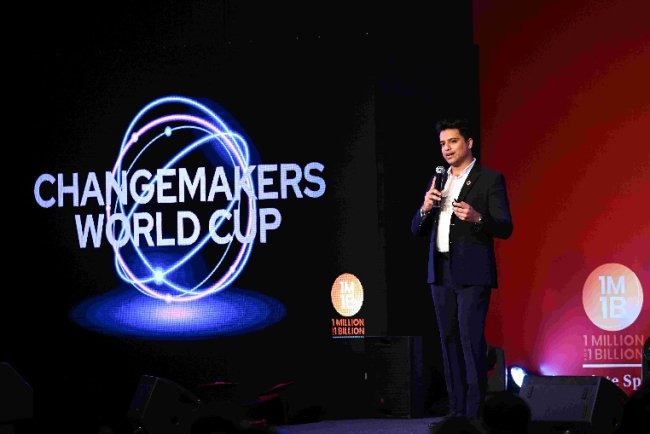Verra Launches Just Transition Carbon Credit Methodology
Verra introduces a new methodology for early coal plant retirement, ensuring equity and renewable energy growth.

In a key breakthrough in global climate finance, Verra launched a new method aimed at spurring the premature retirement of coal power plants in a manner that guarantees socio-economic protections for communities and workers. The initiative, supported by The Rockefeller Foundation and created by the Coal to Clean Credit Initiative (CCCI), seeks to shift the way carbon credits are generated and used on the planet with a strong focus on equity and sustainability.
The methodology, officially called VM0052: Accelerated Retirement of Coal-Fired Power Plants Through a Just Transition, runs under Verra's Verified Carbon Standard (VCS). It allows energy suppliers to generate high-integrity carbon credits for replacing retired capacity from coal with added new renewable energy. An important factor is that the renewable energy facilities need to be additional and directly associated with the early retirement of coal plants, so that the resulting emissions reductions are actual, quantifiable, and verifiable.
Such a strategy not only aids in the decarbonization of the energy sector but also infuses social responsibility into its very fabric. Those projects that are certified to use this methodology are required to ensure a "just transition"—a system that puts socio-economic safeguards in place for workers and communities affected by the transition of the shutdown of coal plants. This involves securing new jobs, enhancing energy access, and putting safeguards in place for at-risk populations that may otherwise be most impacted by the energy transition.
Verra CEO Mandy Rambharos highlighted the importance of moving beyond reducing emissions. "In order to achieve global climate objectives, we must do more than slow emissions—we must transform the very systems that emit them," she said. The new approach, Rambharos explained, enables energy providers to transition away from fossil fuels without leaving workers or communities behind, nor making energy poverty worse.
This effort signifies a strategic leap in carbon finance. By linking carbon credit creation with social equity objectives, Verra is making its methodology an influential instrument for governments, investors, and energy firms seeking responsibly to reach net-zero goals. Rambharos also added that the release of VM0052 "sets the bar higher for how carbon finance can support actual climate action while putting people and equity at the forefront of the energy transition."
The Coal to Clean Credit Initiative, which was instrumental in shaping the methodology, has been striving to solve a long-standing problem in the world energy system: how to move beyond coal without hurting the economic interests of those dependent on it. With funding from The Rockefeller Foundation, the initiative was able to craft a solid framework that acknowledges the social aspects of climate action.
The approach requires in-depth planning in order to provide community involvement and sustainable economic options prior to the retirement of any coal plant. By making renewable energy development genuinely additional, VM0052 ensures energy supply stability while favoring climate mitigation objectives.
This new approach is timely, given that the world is increasingly being called upon to transition away from coal—the dirtiest fossil fuel—and towards cleaner sources of energy. However, most developing nations are greatly constrained in doing so by the socio-economic dependence on coal-based sectors. Verra's approach presents a path that reconciles environmental stewardship with economic and social imperatives, thereby offering a model that can be replicated by countries facing such challenges.
With this action, Verra has taken a leadership position in the development of carbon markets. The approach not only establishes a new class of high-integrity carbon credits but also defines what meaningful climate finance looks like. The inclusion of just transition principles in a carbon credit system may open the door to wider reforms in how climate solutions are financed and deployed around the world.
By linking fiscal rewards to environmentally friendly development, Verra's VM0052 methodology can reimagine the direction of global energy systems. With its actionable strategy for responsible action on climate—a strategy that recognizes that the route to net-zero has to be equitable, inclusive, and solidly based both in environmental as well as in human values—is a powerful idea whose time is now.
What's Your Reaction?

















